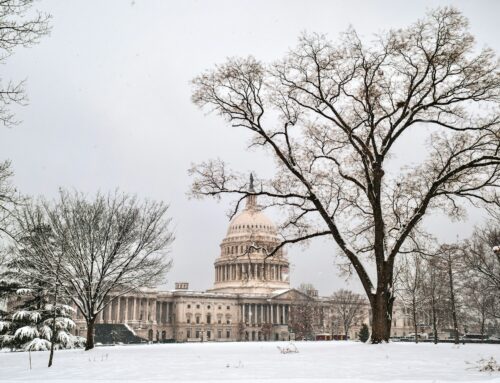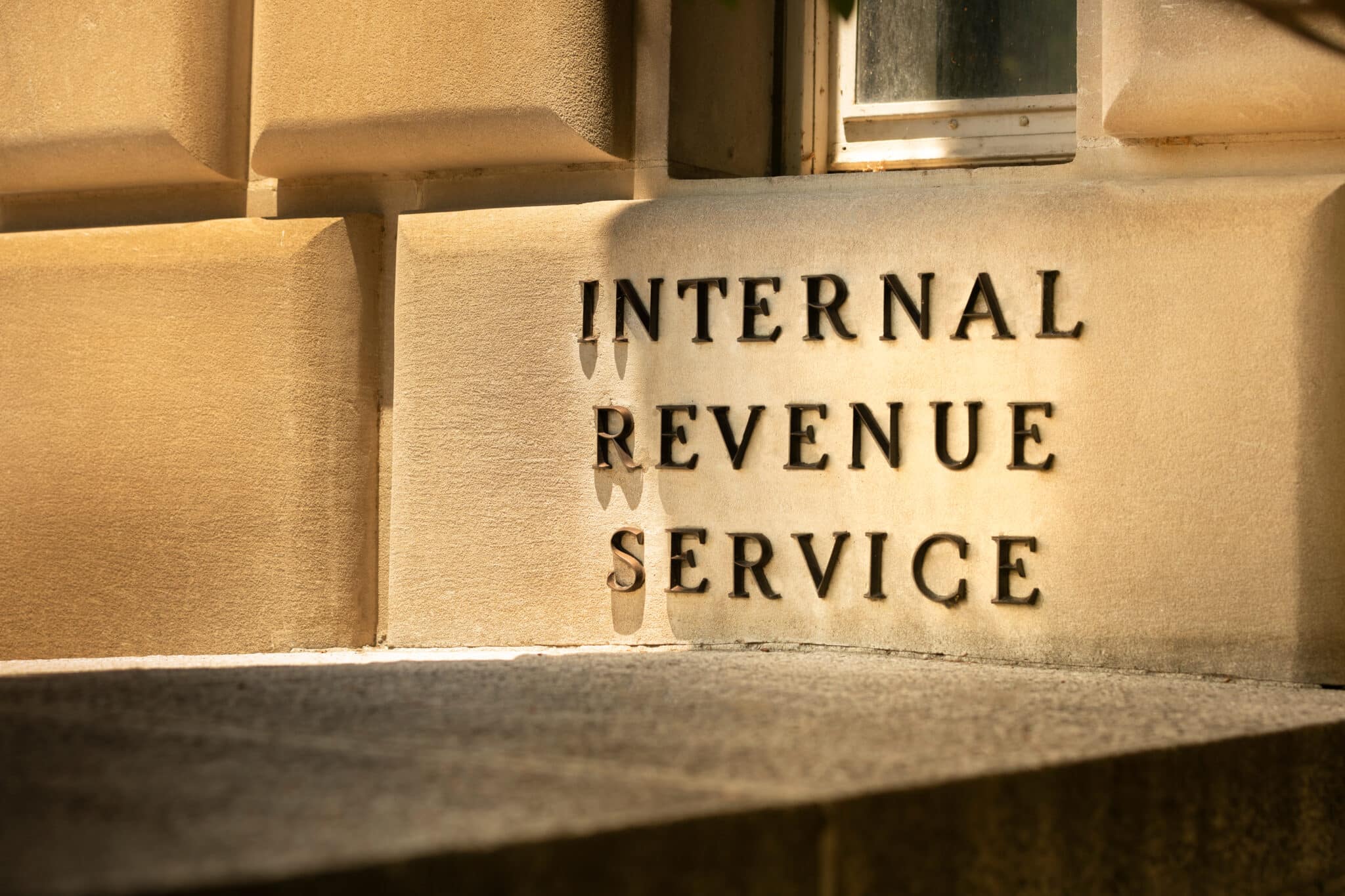May 5, 2025
Dear Member of the House Natural Resources Committee:
For 30 years, Taxpayers for Common Sense (TCS) has worked to ensure taxpayers receive a fair return from the development of federal resources and are protected from unnecessary fiscal risks and liabilities. We are deeply concerned that the current draft text for the House Natural Resources portion of the FY2025 Budget Reconciliation bill relies on faulty revenue proposals that will cost taxpayers both in the short and long term.
As you move forward with the budget reconciliation process, we urge you to prioritize ensuring a fair return for federal resources, fiscal responsibility, transparency, and accountability. These principles are critical to ensuring reconciliation is used as originally intended—to align federal spending and revenue policy with Congress's stated fiscal objectives.
The reconciliation process has strayed significantly from its initial purpose, increasingly becoming a vehicle for expansive policy changes rather than targeted fiscal adjustments. This trend threatens taxpayer interests, increases our nation's mounting debt—currently exceeding $36 trillion—and undermines congressional transparency and accountability.
To preserve the integrity of the reconciliation process, TCS strongly encourages the Committee to avoid speculative revenue raisers. With our national debt-to-GDP ratio now exceeding 124% and annual interest payments surpassing $1 trillion, further deficit increases are fiscally irresponsible. Reconciliation should not be used to advance policies that fail to deliver real fiscal results or worsen the nation's unsustainable debt.
Congress must reject budget gimmicks that conceal the true cost of policy decisions—such as temporary provisions or overly optimistic economic projections. Artificially minimizing policy costs is misleading and ultimately harms taxpayers.
We are particularly concerned about several proposals in the Committee's draft, including those related to oil, gas, and coal leasing, and timber sales, which undervalue taxpayer-owned resources and saddle taxpayers with costly long-term liabilities.
For decades, taxpayers lost billions through outdated and below-market-rate onshore oil and gas leasing practices. Recent bipartisan reforms have begun to correct this imbalance by raising minimum bids, increasing rental rates, ending the noncompetitive leasing loophole, and updating royalty rates from 12.5% to 16.67%. These changes have substantially improved revenues without deterring industry participation. In 2024 alone, average bid revenues were significantly higher, underscoring that strategic and competitive leasing policies generate meaningful revenue and benefit taxpayers.
Yet, the Committee's current draft would roll back some of these critical reforms—lowering royalty rates to 12.5% and resurrecting noncompetitive leasing, which historically generates five times less revenue than competitive leases. The true cost of such reversals is masked because the time horizon for resource development often exceeds the budget window—taxpayers could lose billions of dollars annually in potential revenue beyond the ten-year mark.
Provisions mandating lease sales in the Arctic National Wildlife Refuge (ANWR) should not be counted on to raise revenue. Past sales dramatically underperformed revenue expectations and future prospects look equally bleak given low industry interest. Future ANWR sales would only generate $3 to $30 million in revenue for federal taxpayers if industry interest mirrors historical levels as seen in state and federal sales in Alaska's North Slope.
Mandating minimum acres and volumes for resource development such as coal and timber is similarly concerning. These provisions, along with proposed reductions in royalty rates for oil, gas, and coal, would significantly undervalue taxpayer resources by flooding the market and charging artificially low, below-market rates. These proposals will shortchange taxpayers, exacerbate liabilities, and favor short-term industry profits over long-term fiscal responsibility. Furthermore, as policymakers cannot accurately predict market outcomes or industry interest absent mandates, any revenue estimates are highly speculative and not credible offsets.
The Committee should instead prioritize genuine revenue raisers—such as instituting a royalty on hardrock mining, improving royalty collections, and reforming the outdated federal grazing fee structure.
We respectfully urge Committee members to reject proposals that reverse bipartisan, fiscally responsible reforms or rely on speculative, unrealistic revenue projections. The reconciliation process must not become a conduit for giveaways to special interests or for weakening prudent resource management policies.
Thank you for your consideration. Taxpayers for Common Sense looks forward to continuing to engage with the Committee to ensure reconciliation advances the fundamental goals of fiscal responsibility, transparency, and accountability.
Sincerely,

Autumn Hanna
Vice President
Taxpayers for Common Sense










